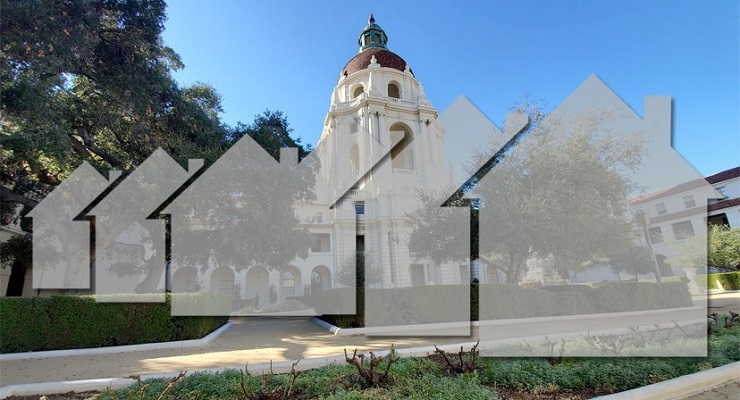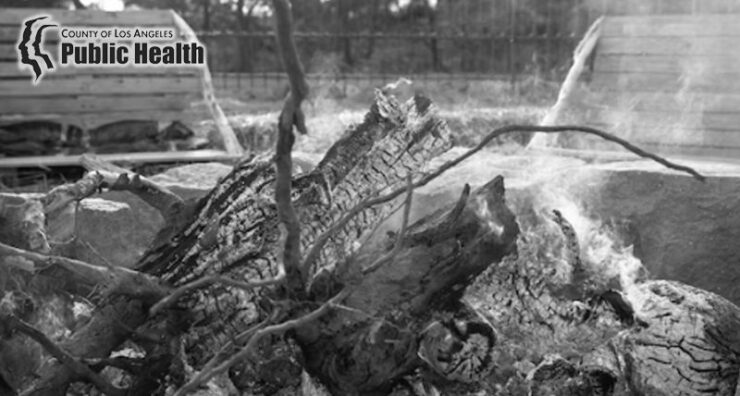
NASA and the Jet Propulsion Laboratory are looking for citizen scientists to help identify planet-forming disks of dust around far away stars.
Using an online tool called Disk Detective, anyone with an interest in astronomy and an internet connection can take part in the project to help humankind unlock the mysteries of the universe.
“No previous experience necessary,” JPL said in a tweet.
Planets are known to form from disks of dust particles that swirl around young stars.
“But because this process takes millions of years, scientists can only learn about these disks by finding and studying a lot of different examples,” JPL said in a written statement.
Disk Detective, which has been updated with data on about 150,000 stars, with images coming from the JPL-managed NEOWISE space telescope, as well as the Panoramic Survey Telescope and Rapid Response System in Hawaii and the NASA-funded Two Micron All-Sky Survey, which was operational from 1997 to 2001, according to JPL.
Users can read the instructions and begin identifying potential planet-forming disks immediately, the statement said. “The interface presents a series of real astronomical images and asks visitors questions that will help determine more definitively if a disk is present.”
“This new version of the project focuses on M dwarfs, which represent the most common type of star in the Milky Way galaxy,” the JPL statement said. “It also concentrates on brown dwarfs, which are balls of gas that don’t burn hydrogen the way stars do and often more closely resemble giant planets like Jupiter.”
One might think of it as crowdsourced astronomy.
“We have multiple citizen scientists look at each object, give their own independent opinion, and trust the wisdom of the crowd to decide what things are probably galaxies and what things are probably stars with disks around them,” according to Disk Detective director Steven Silverberg, a postdoctoral researcher at Massachusetts Institute of Technology’s Kavli Institute for Astrophysics and Space Research.
Participants who provide significant insights receive credits on scientific papers as professional scientists follow up on their discoveries.
“Fifteen citizen scientists have already become named co-authors on peer-reviewed scientific papers through Disk Detective,” the JPL statement said.
More information on Disk Detective is available online at diskdetective.org. Information on NASA’s Citizen Science program is available online at science.nasa.gov/citizenscience.














 0 comments
0 comments


